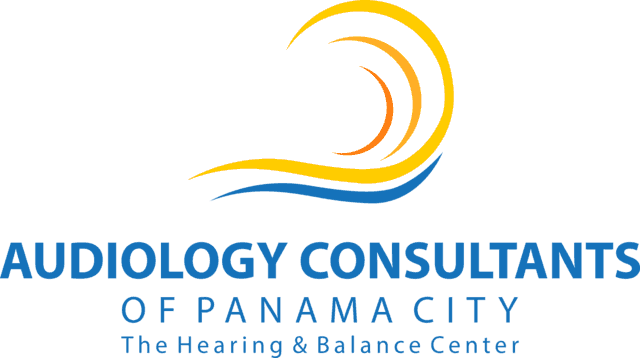- Using Hearing Aid Accessories for Enhanced Listening - May 6, 2025
- Practical Tips for Managing Daily Challenges With Tinnitus - April 8, 2025
- Signs Your Hearing Aid Battery Needs to Be Replaced - March 13, 2025
According to numerous studies, researchers have found a connection between depression and hearing loss. Hearing loss has become one of the fastest growing health concerns in the country. There has been a push for public education and information so that we can be better equipped to anticipate our needs and maintain our hearing health.
As we balance work and life, our hearing health is also impacted by the effects of our experiences. Through our daily practices, medical conditions, medications and genetics we are in a position to take our hearing for granted at a very high price. The World Health Organization (WHO) as well as the National Center for Disease Control and Prevention (CDC) both urge us to get a hearing assessment because early detection of hearing decline is key!
The cost of hearing decline has negatively impacted not only the individuals that suffer from it but society as a whole from loss of productivity to personal loss. According to WHO, “Unaddressed hearing loss poses an annual global cost of US$ 750 billion.” It is important to emphasize that neglect of hearing loss merely compounds the physical process and exacerbates the negative emotional and social factors.
How does it impact us socially?
Unfortunately, the longer we ignore symptoms of hearing loss the worse it gets. At first, we tend to overcompensate in various ways. Perhaps, we choose to ask people to speak up or repeat themselves more often. Or, we need to keep turning up the volume of our music or TV without realizing it at the cost of discomforting others.
Sooner or later, studies have shown the aforementioned behavior turns into isolation. People tend to withdraw after a while from social and familial events that they once enjoyed. Once the point of isolation is reached it leaves people even more exposed to depression. A vicious cycle becomes established.
Hearing Loss is a Treatable Condition
Audiology Consultants is here to help! We will get you started with a hearing evaluation. If a hearing loss is detected, the treatment will depend on the severity for your condition and it should be tailored your current and future needs. As stated earlier, early detection is of tantamount importance.
Studies have shown that the use of hearing aids or cochlear implants have had significantly positive results when combatting depression. Published in 2015, a study was held for adults over the age of 50 suffering from depression, to observe the impact of hearing aids or cochlear implants. The results and data analysis of over 100 participants, showed that depressive symptoms were measurably reduced within the first six months for over 75% of the participants. Another one of the most important aspects of the study that one can take away is that all the participants were assessed and undergoing treatment.
Advanced Hearing Aid Technology
Hearing aid technology is advancing at a rapid pace. The consumer is faced with a daunting task of sifting through and researching what might suit them best. Hearing aids, cochlear implants and assistive devices are incorporating cutting edge technology.
The public is better informed and educated. The stigma of days past no longer hold us to negative stereotypes of people with hearing loss.
The outcome for dealing with hearing loss is a positive. If hearing decline has surfaced in your daily life then treatment will result in empowerment and tools with which you can strengthen your social and familial bonds. It can be an intimidating choice but informing others or having close family members or friends share in your experience can be encouraging.
The CDC has stated that there are over 18 million people in the US alone that would greatly benefit from the use of hearing devices. You could be one of many that can turn the corner on your overall health by attending to your auditory needs.
Audiology Consultants
At Audiology Consultants, we are familiar with the complexities of hearing loss and its effects on our mental, physical and emotion health. If you have any doubts or questions with regards to an evaluation and treatment, do not hesitate to give us a call. We look forward to hearing from you soon and with your first appointment we can get started on a fuller and richer life of health and hearing for you.


